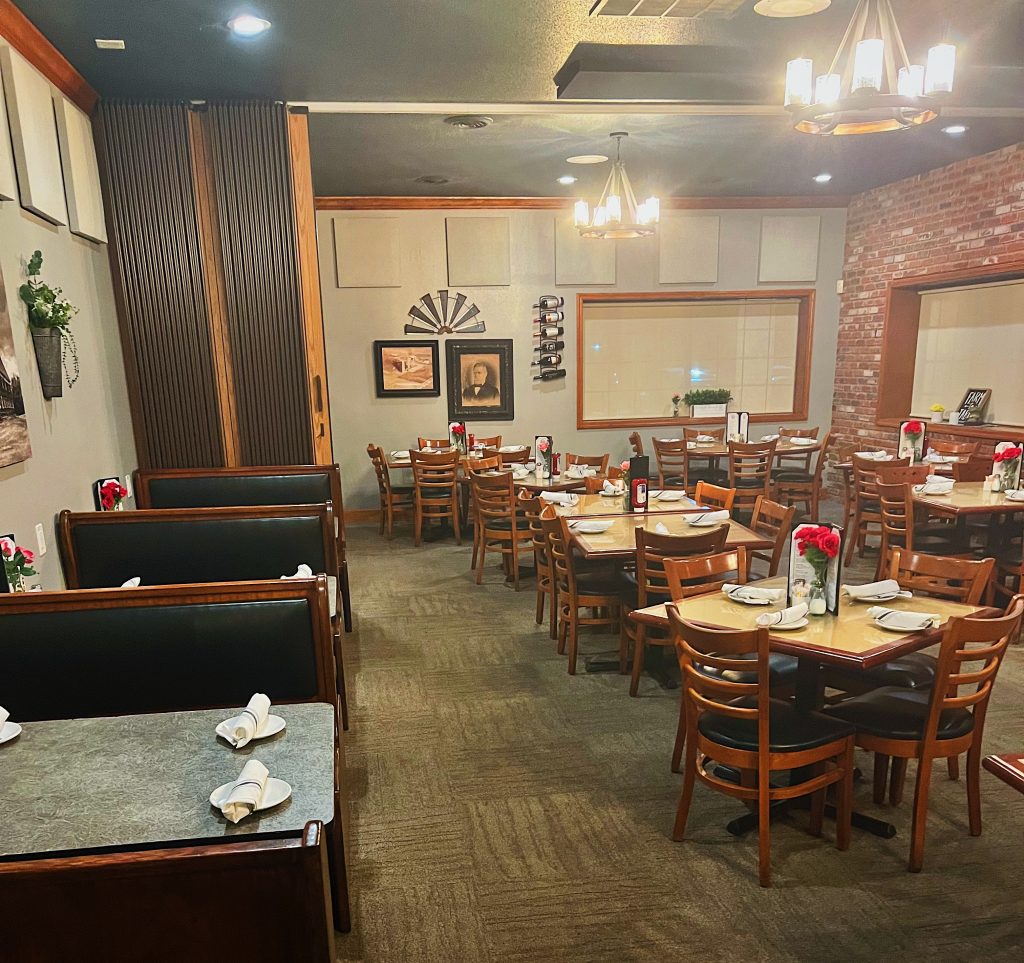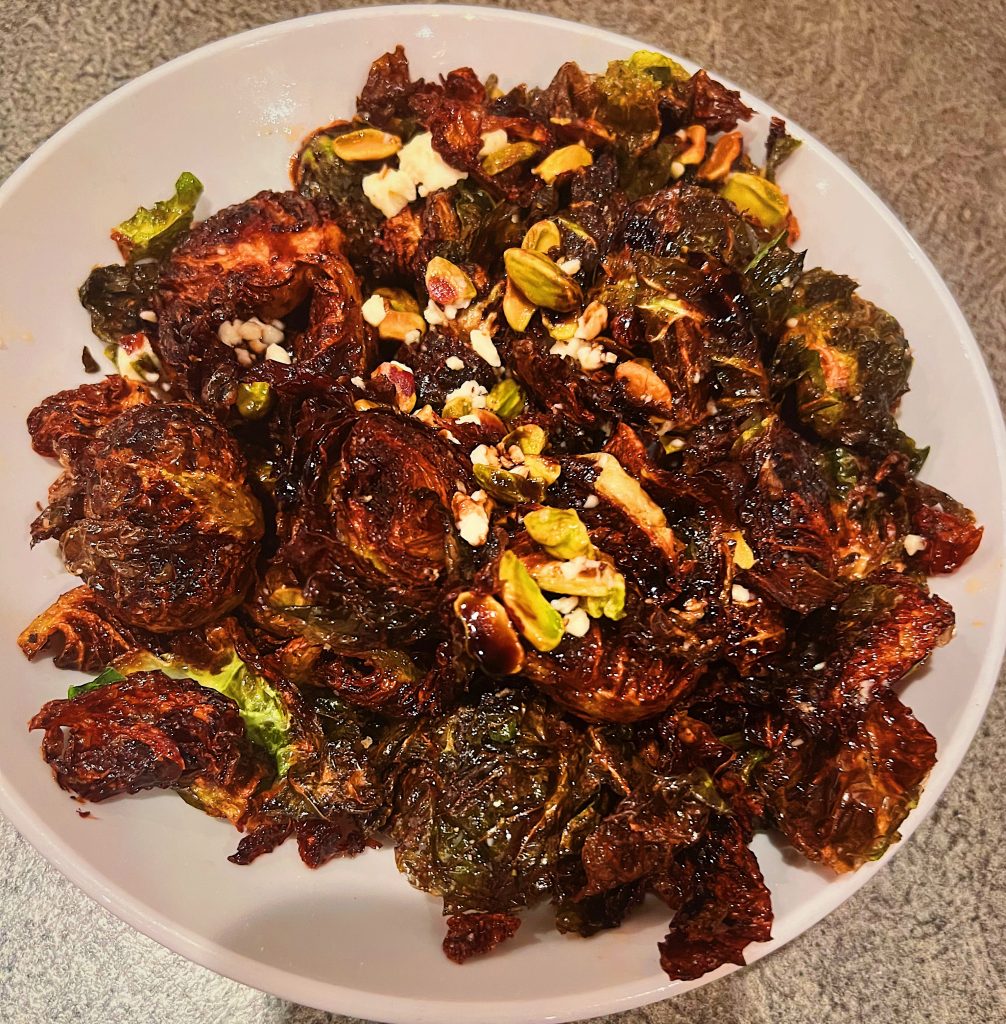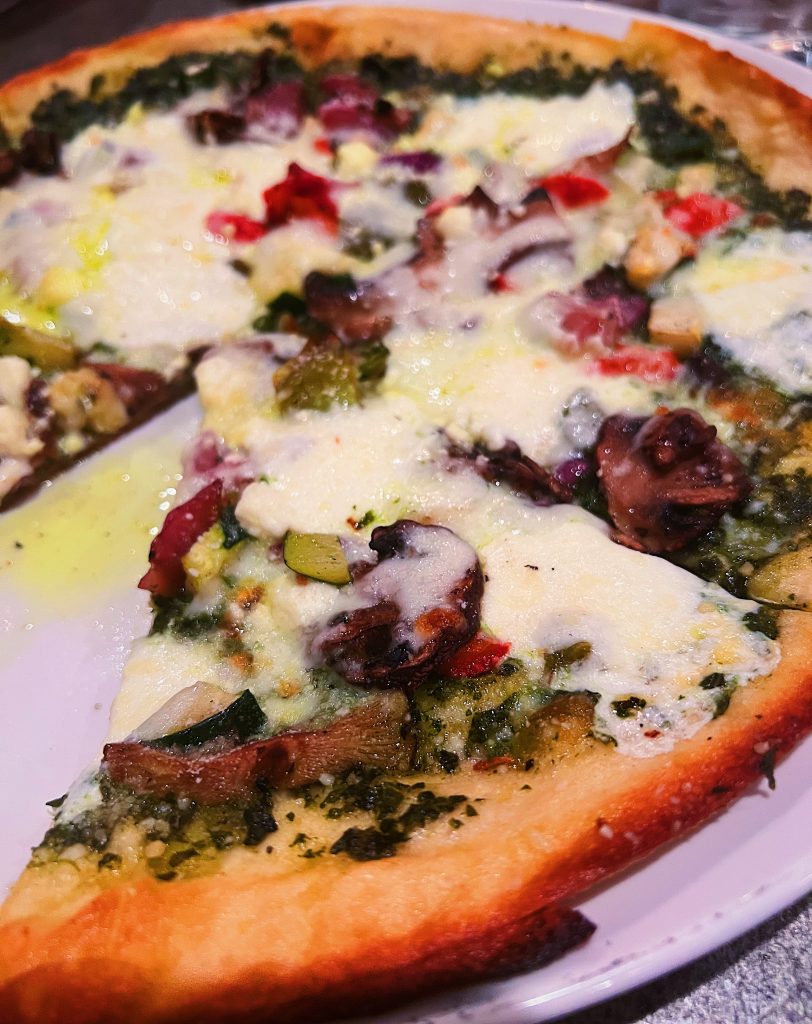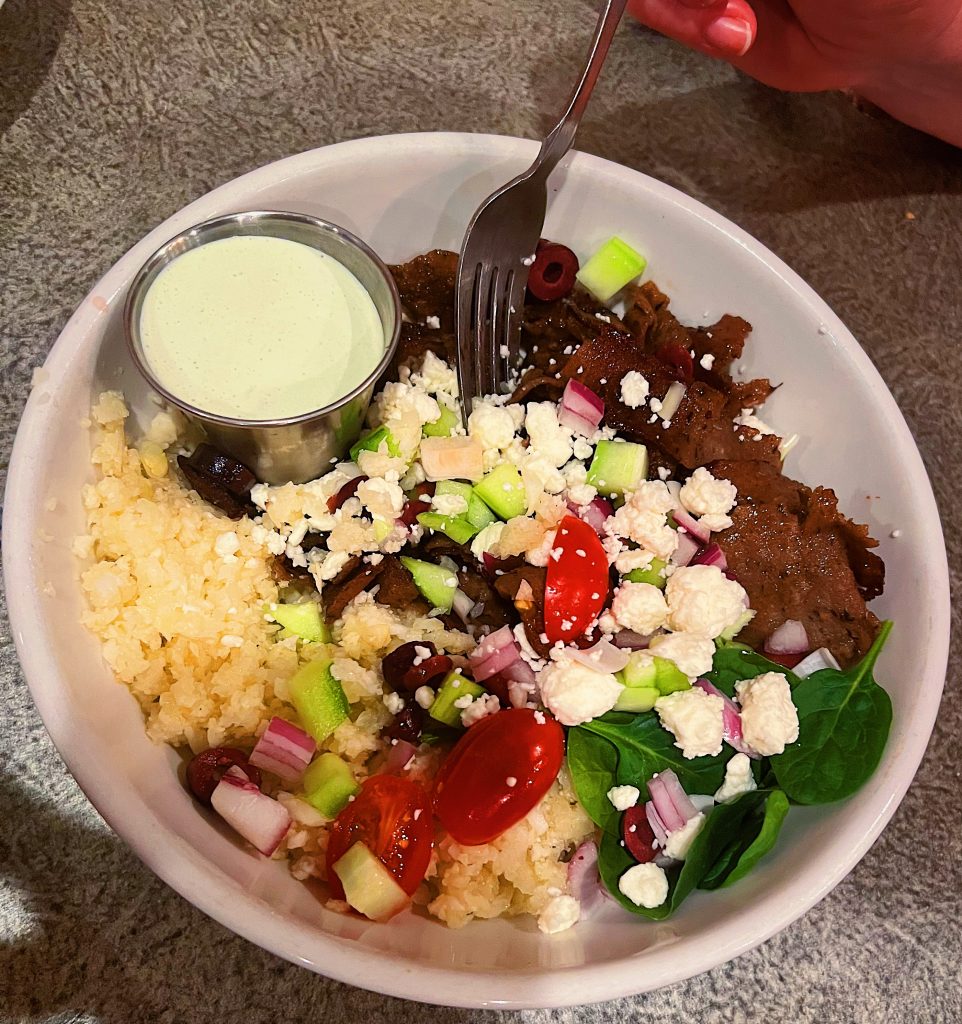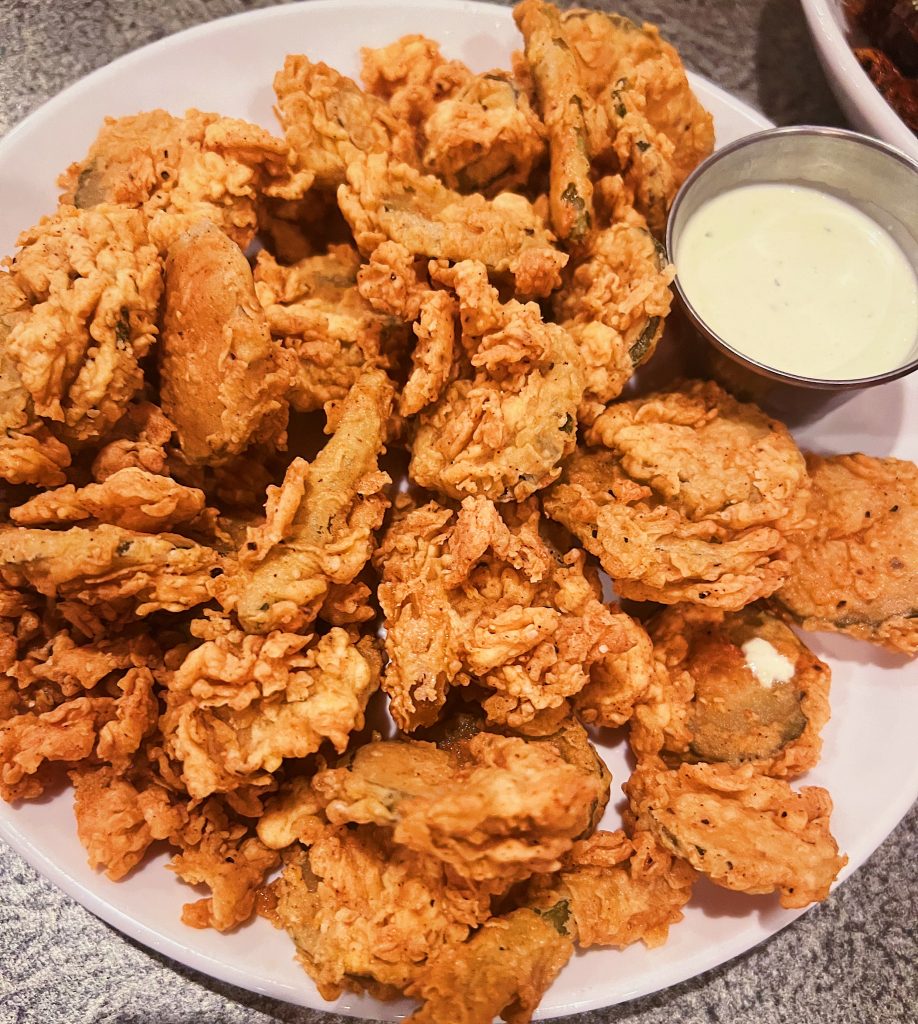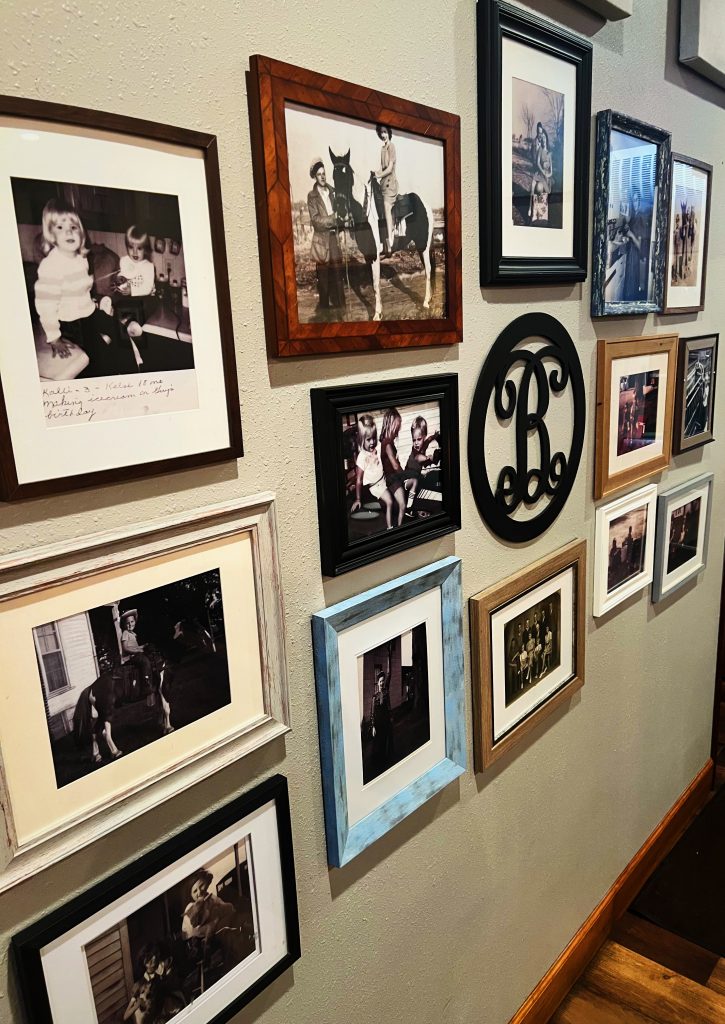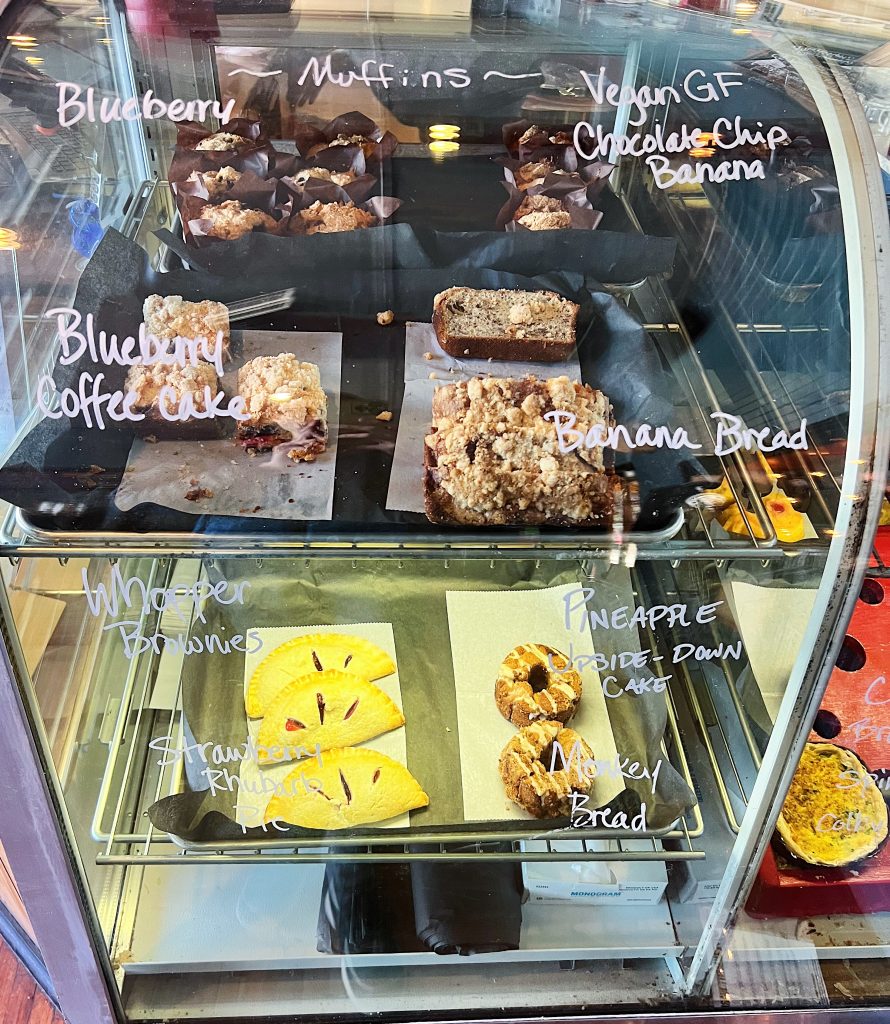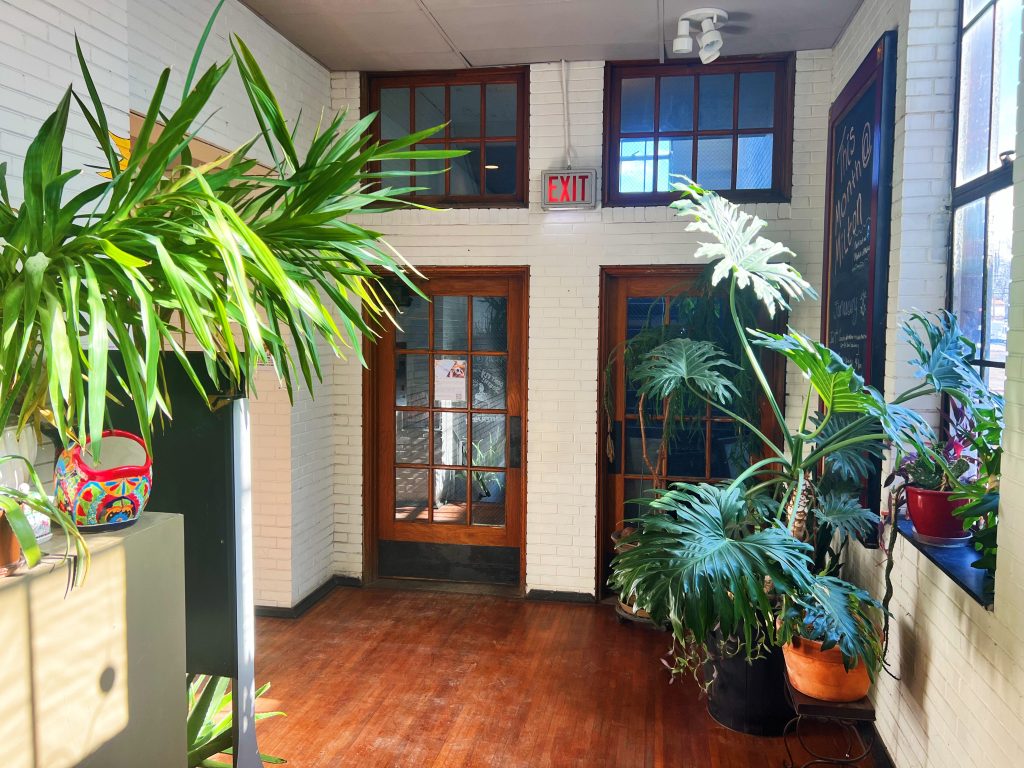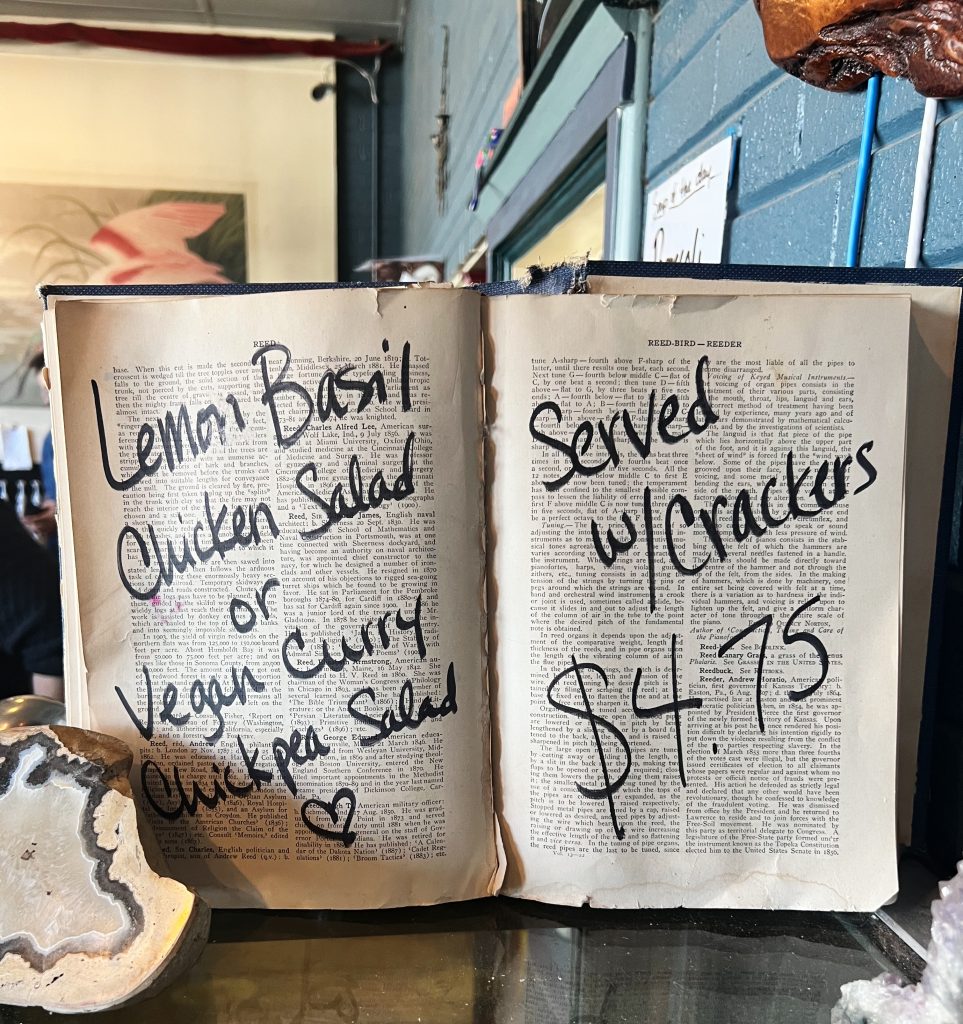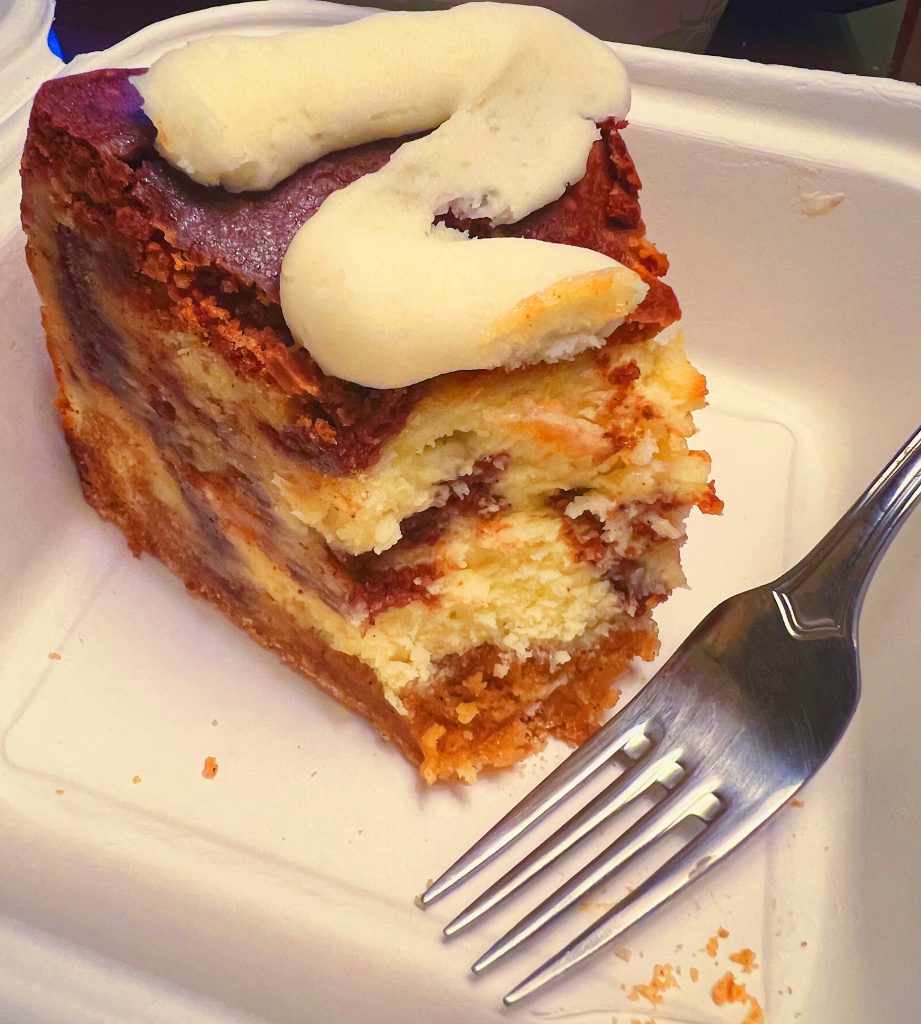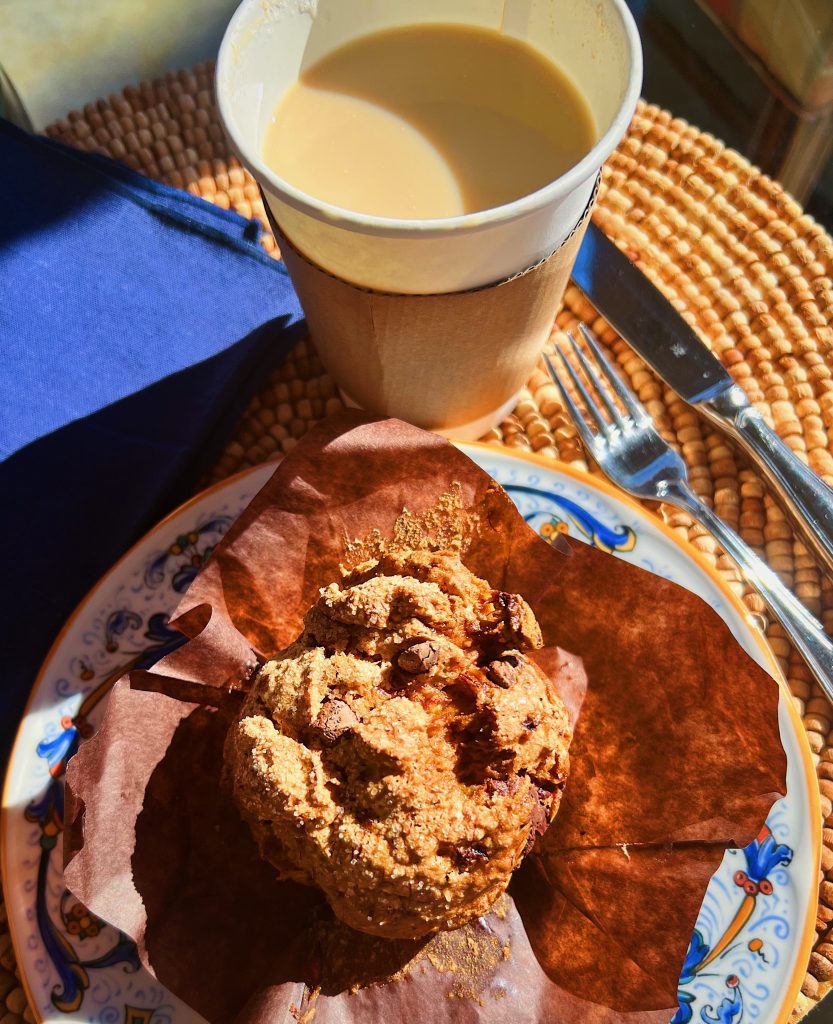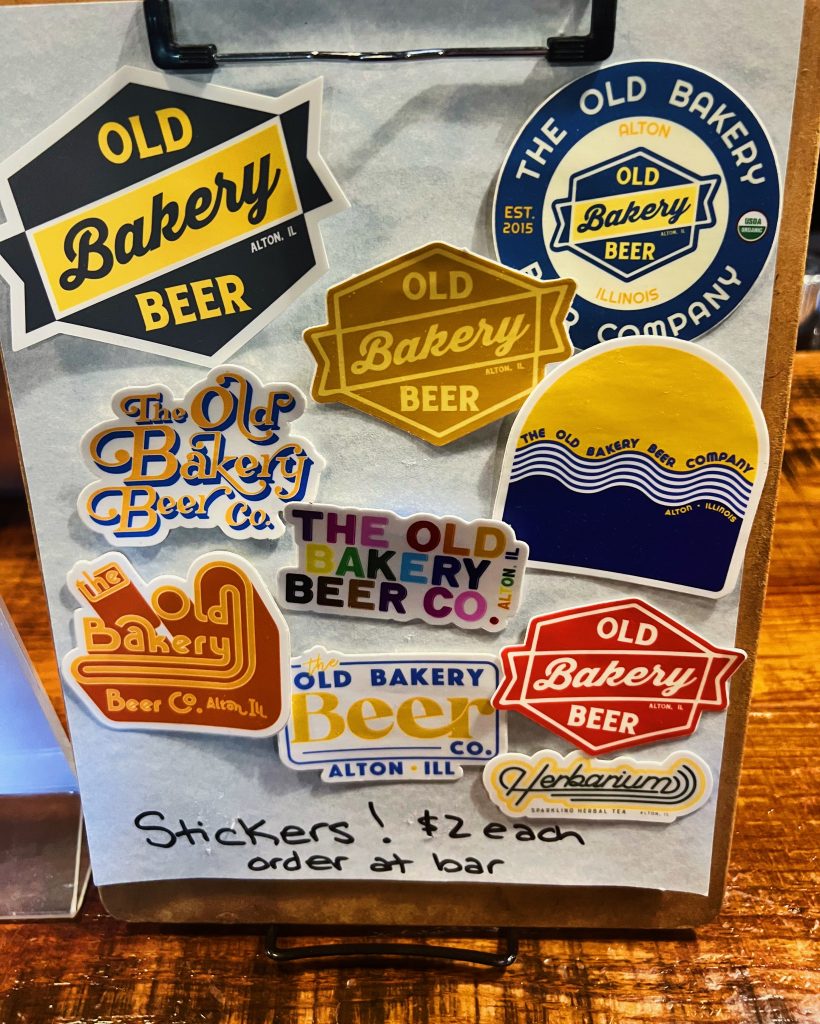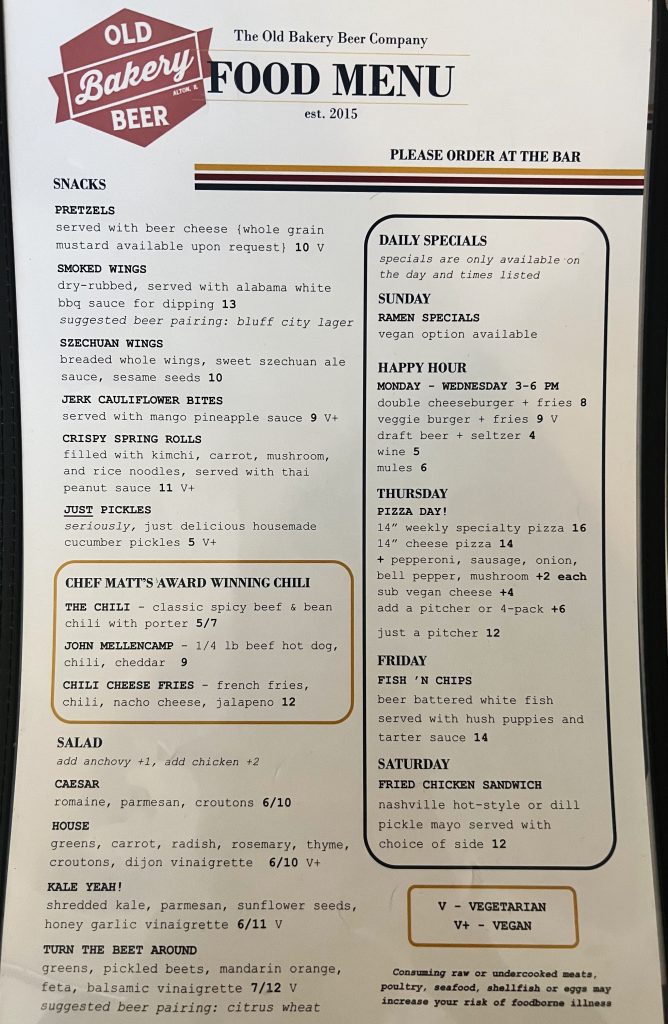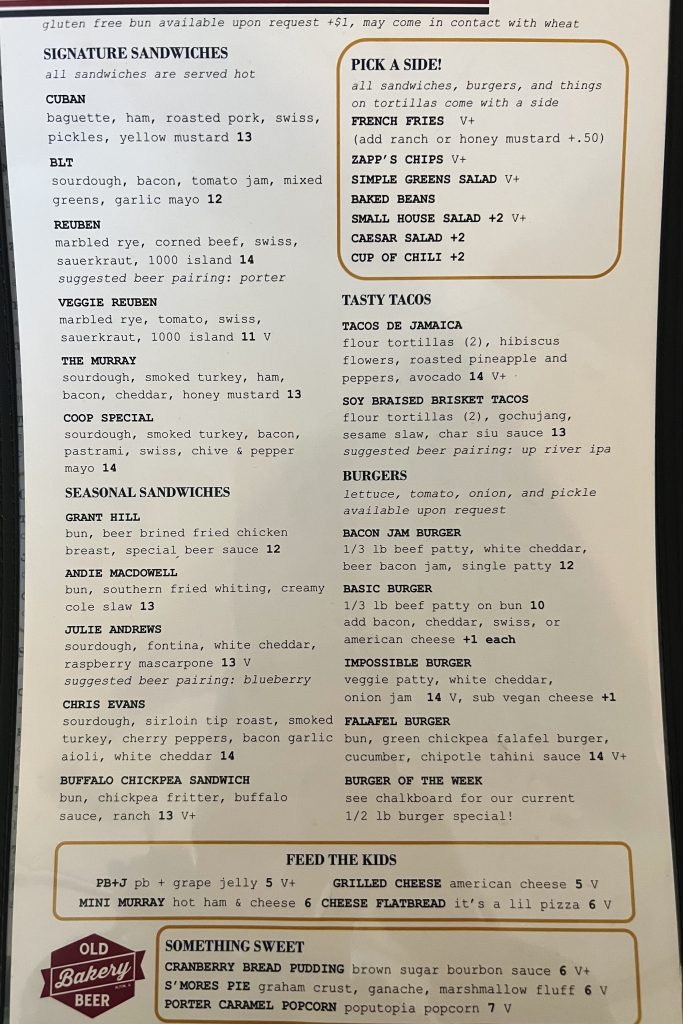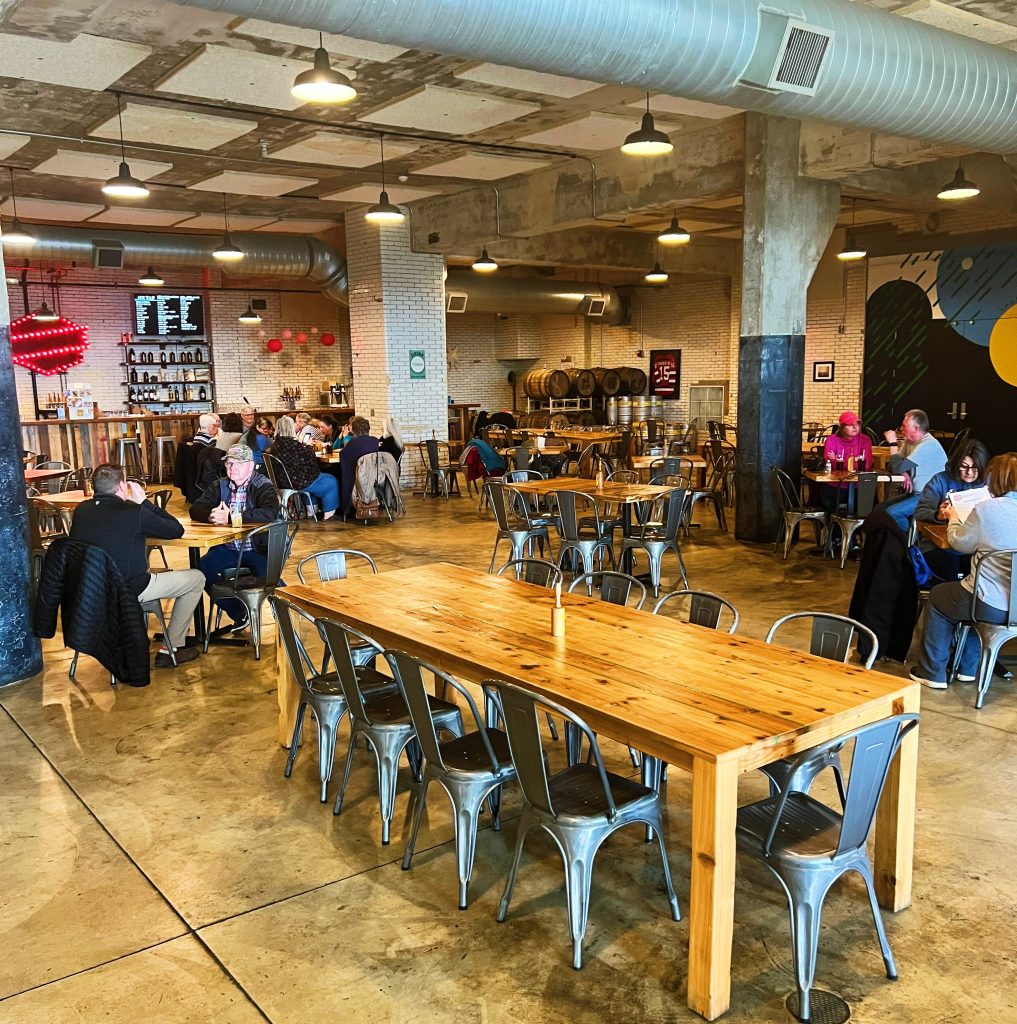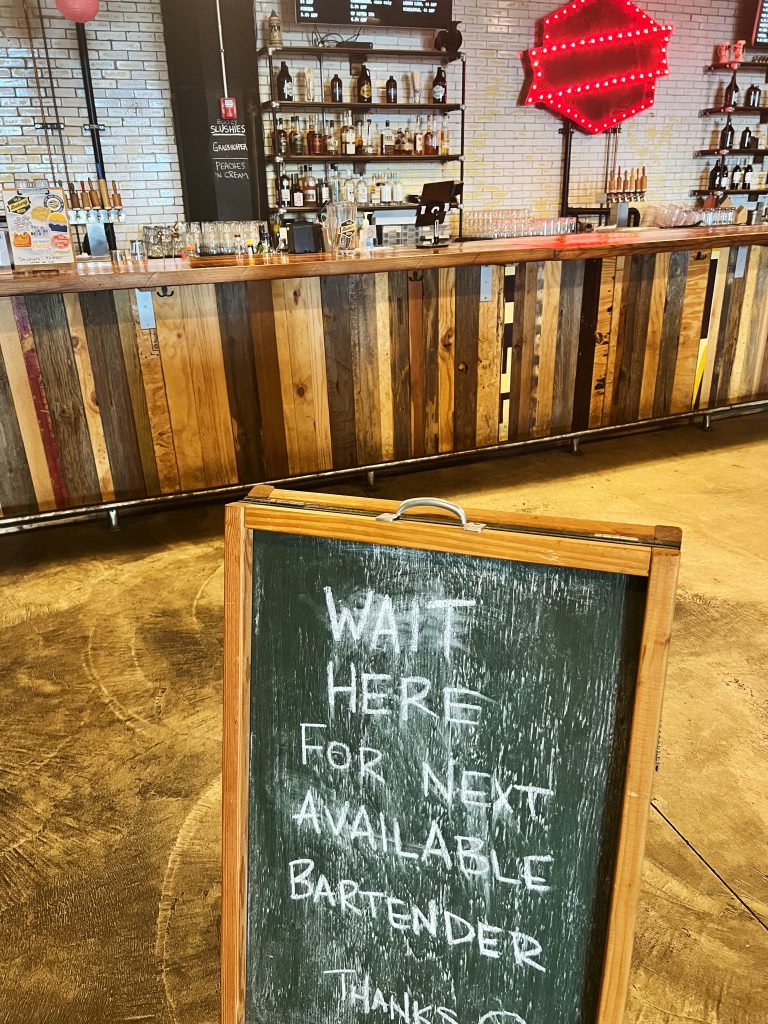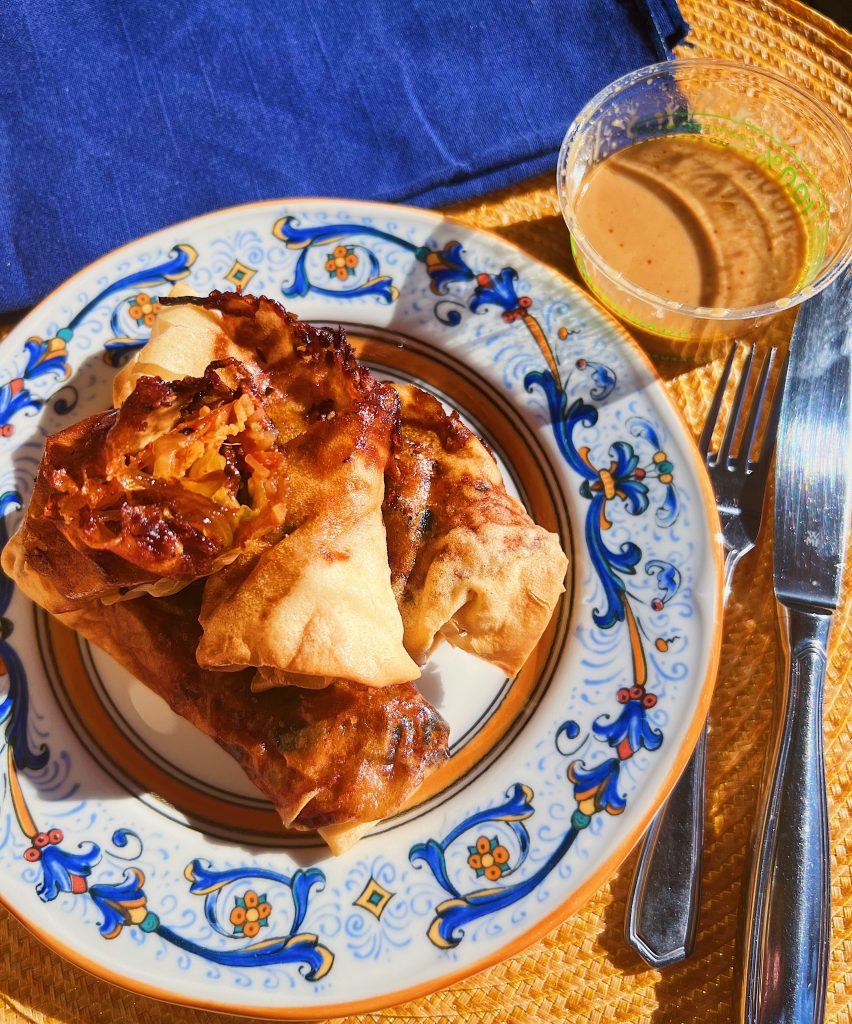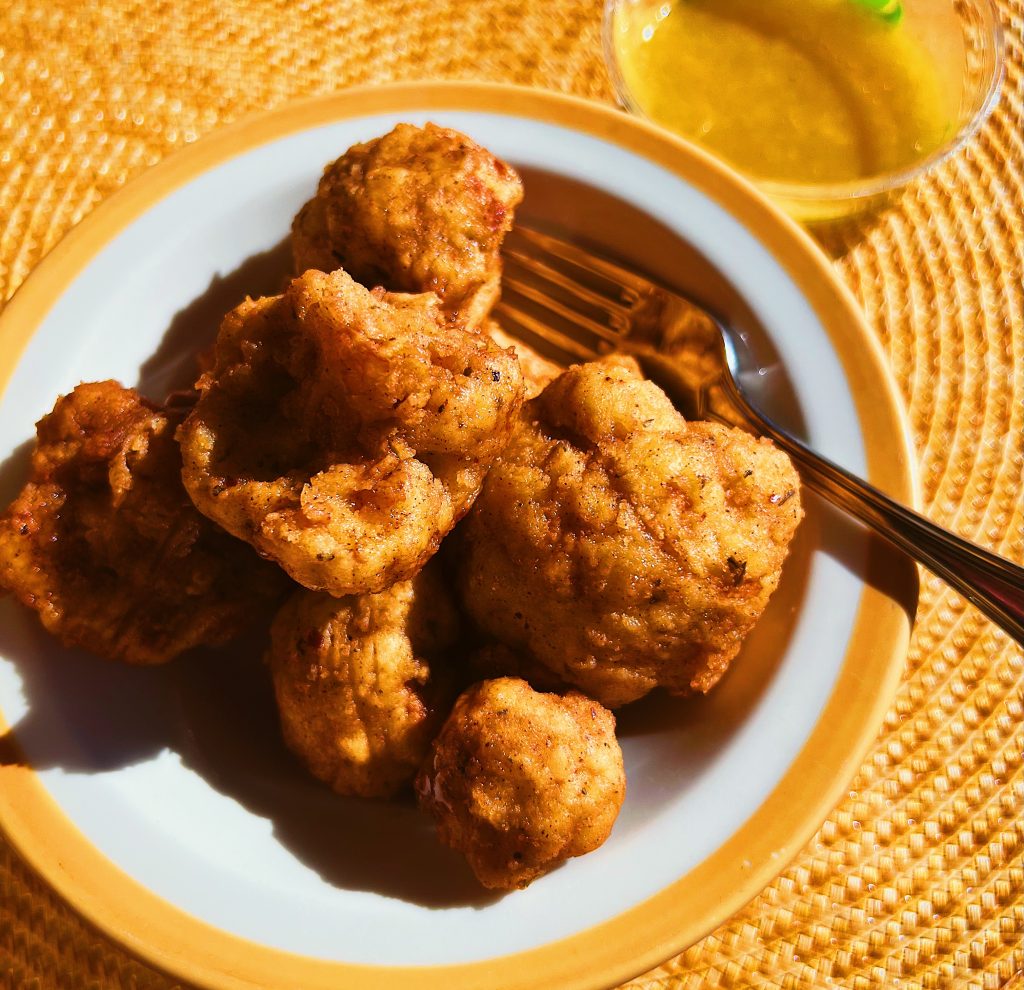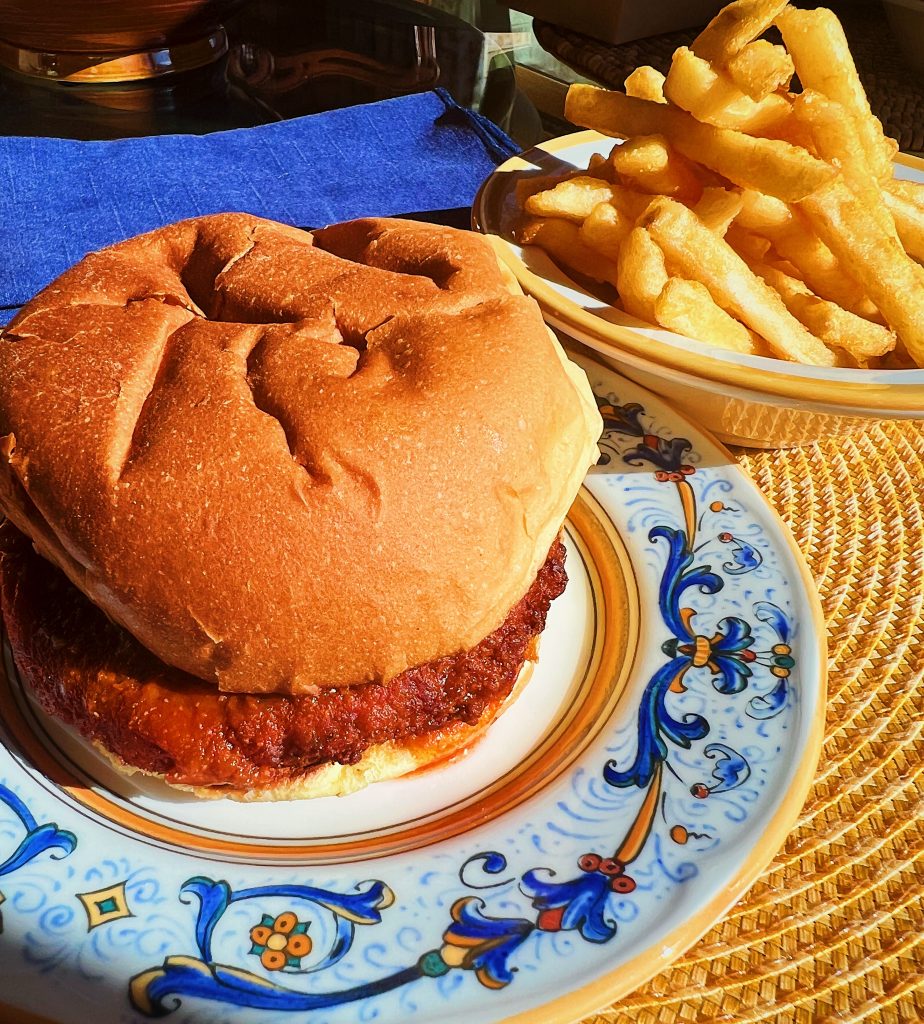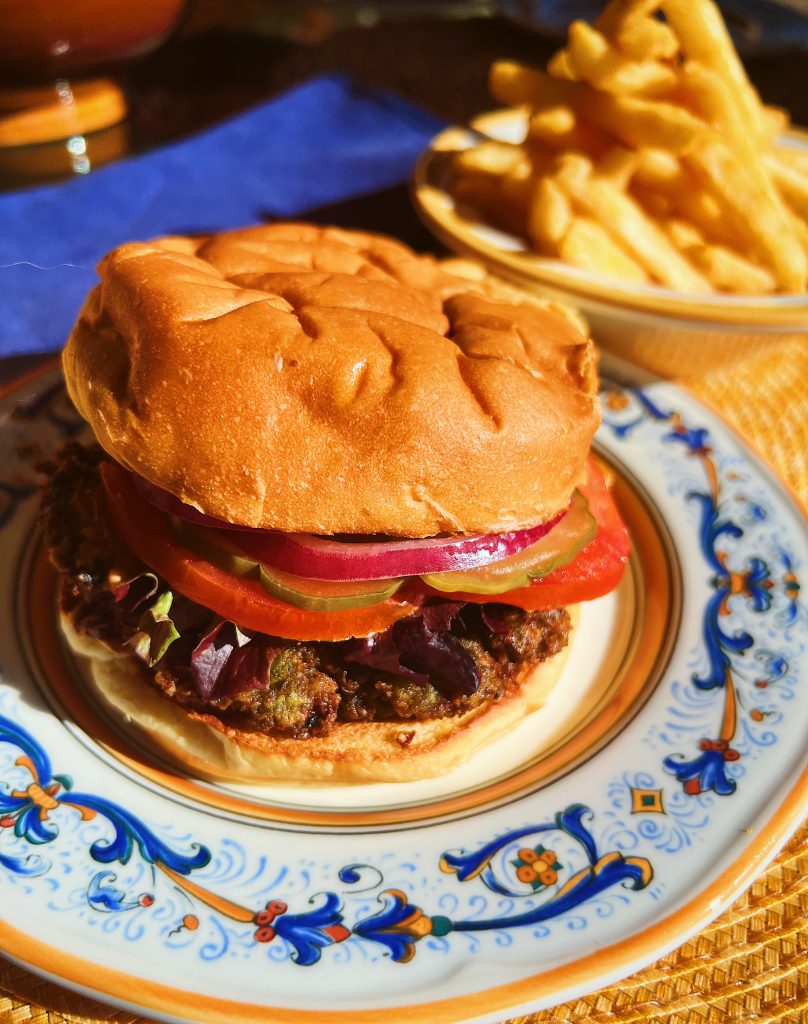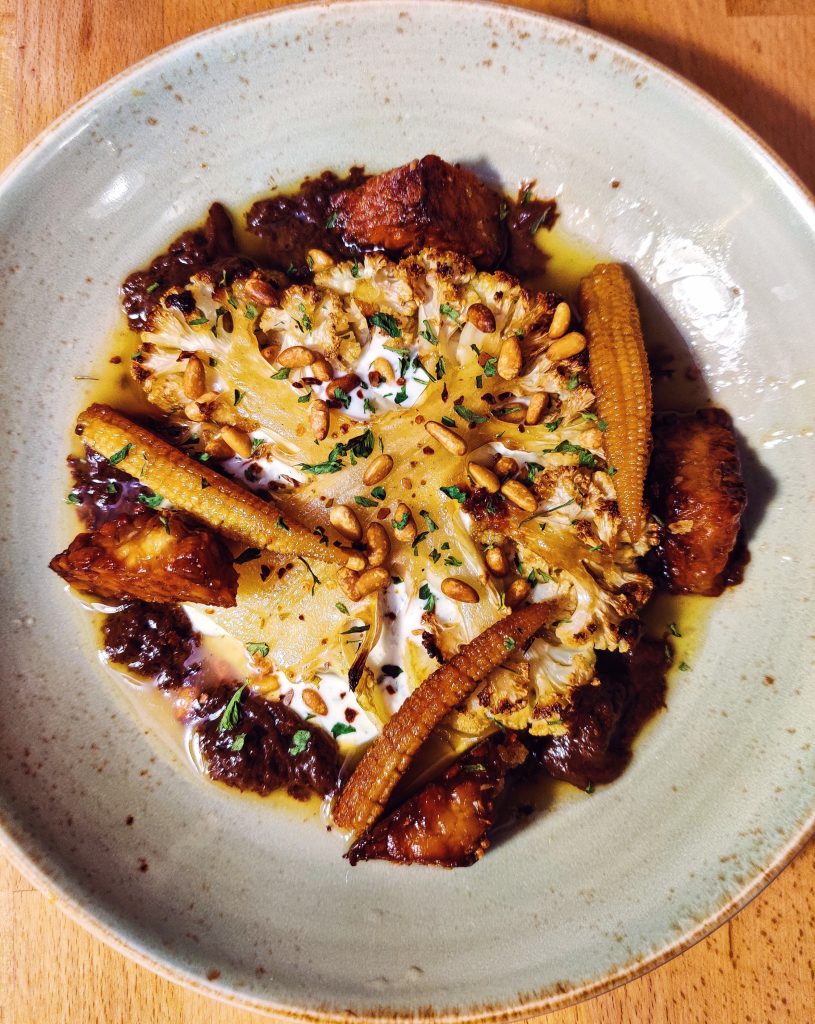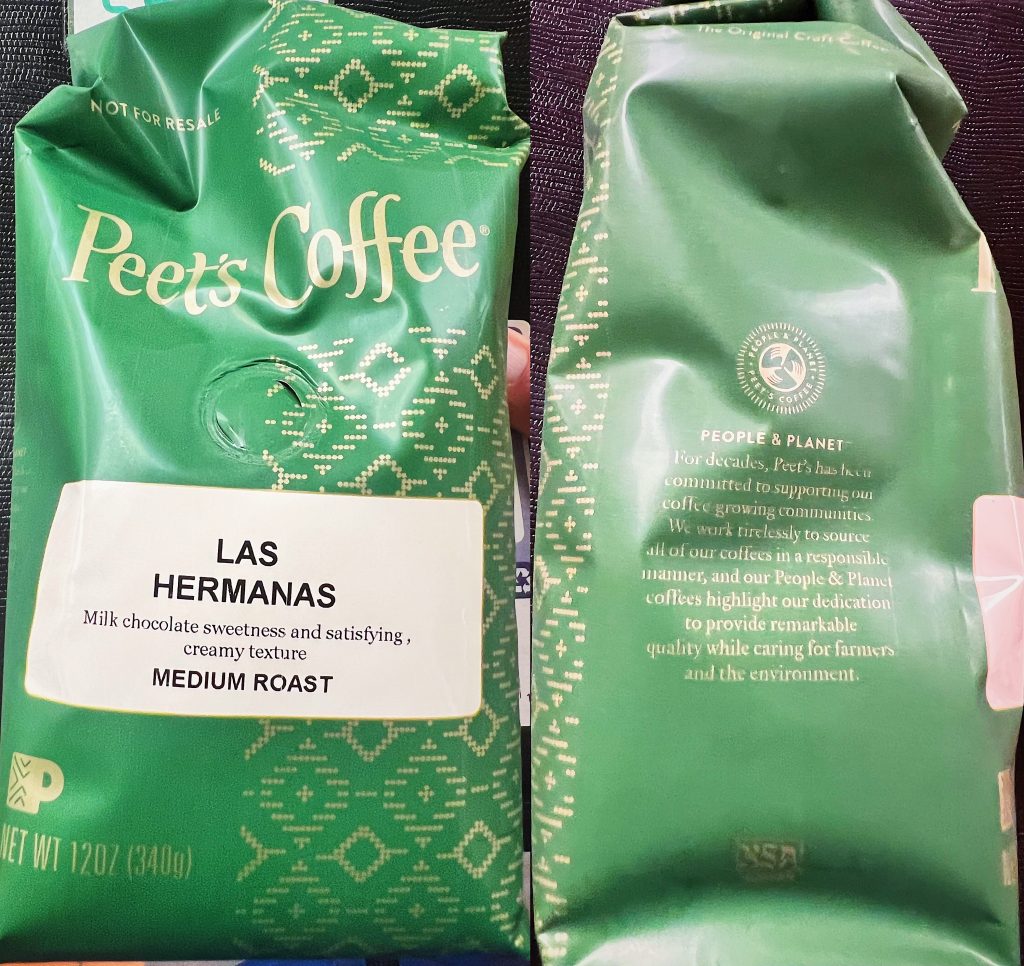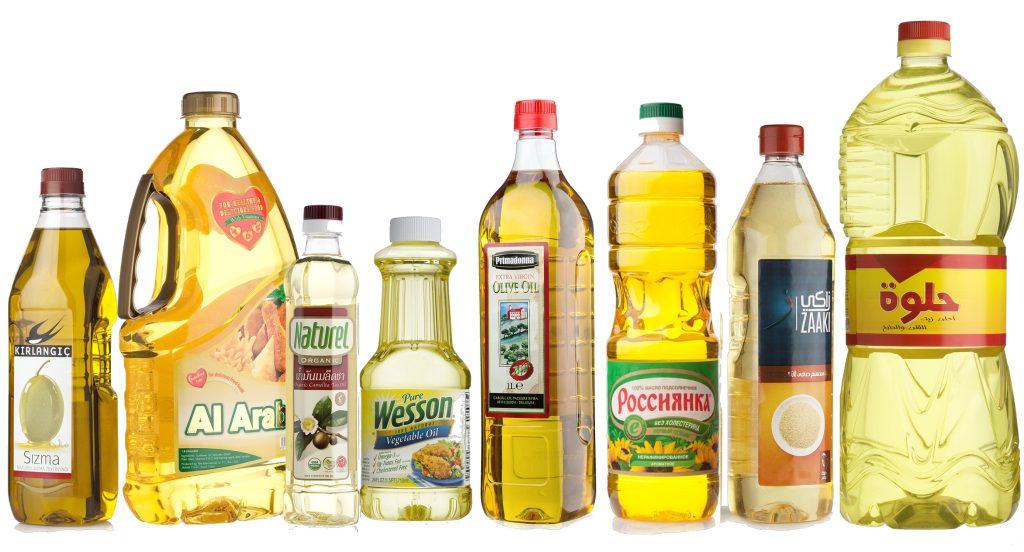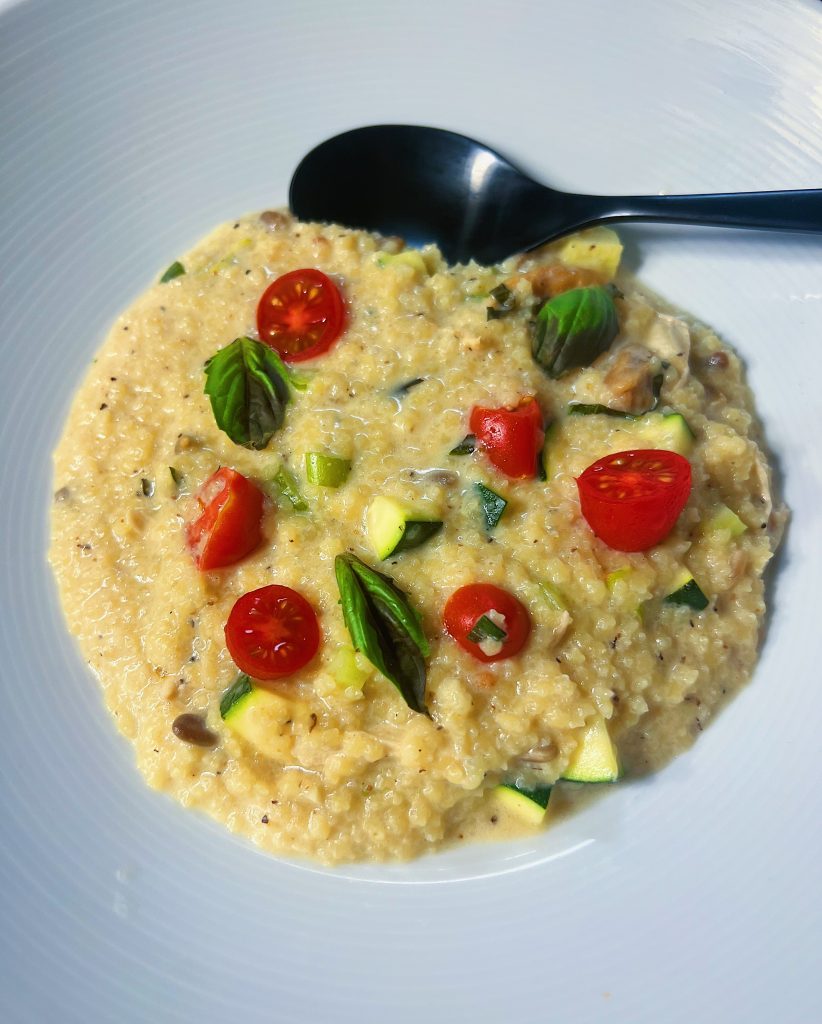Shane Witters Hicks | Program Officer
Principia Center for Sustainability | Feb 28, 2023

Driving through the northern reaches of Godfrey, you’d be forgiven for thinking the freshest option is apple slices from McDonald’s. It’s a sea of endless restaurant chains and a seeming dearth of quality, locally-owned establishments. Enter Bakers & Hale – an exciting exception to the fast-food frenzy.
Opened in 2018, Bakers & Hale is a self-proclaimed farm-to-table restaurant that’s family owned and operated. Chef & Founder Kelsi Baker Walden opened the eatery with support from extended family, who are constantly networking within the community to expand their tasty, local offerings. What they can’t grow in the garden nestled behind the building (which gifts the restaurant with tomatoes, zucchini, peppers, cucumbers, chives, basil, dill, oregano, etc.) they try to source locally. Examples include oyster mushrooms from Missing Meadows Mushrooms (Staunton, IL) in the Vegetable Orzo entrée with goat cheese and fresh herbs, and pork from the Wenneman Meat Company (St. Libory, IL) for the grilled Pork Steak entrée with a BBQ bourbon glaze. If your mouth isn’t watering yet, check out the varied menu items, which range from the loaded brisket nachos, to the Asian chopped salad, to the irresistible gyro bowl.
Principia College’s Center for Sustainability has been a friend and fan of Kelsi’s since her debut, and during our most recent visit we were more than satisfied with her current offerings. We began with a delectable round of starters. The incredibly addicting flash-fried brussels sprouts had an oh-so-sweet-and-tangy glaze and the well-crisped outer leaves provided a delicate, satisfying texture. The fried pickled vegetables included an assortment of seasonal picks like cucumber and green beans, and the zesty cilantro ranch sauce added creamy balance to the pickled brightness. Everyone agreed that they could easily make a meal out of “starters”!
Entrées with simple names like “Veggie Pizza” should not be overlooked. This particular menu item completely stole the show. Its rich pesto base, paired with a medley of local mixed mushrooms, zucchini, bell peppers, basil, mozzarella, and goat cheese made this a dish bursting with fresh flavor. And the thin yet surprisingly buttery yeast-risen crust more than complemented the creamy toppings with crisp, textural contrast.
The Gyro Bowl was also a fan favorite. This Mediterranean classic gets a unique twist with cauliflower rice yet delivers comforting, bold flavors with gyro strips made from beef and lamb. It’s served with all the familiar fixings like red onion, tomato, cucumber, kalamata olives, feta, and tzatziki sauce.
The Veggie Orzo and Mushroom & Gouda Burger were also notable members of the feast. We especially enjoyed the tangy goat cheese and selection of herbs in the orzo. And the fried onion rings in the burger provided a satisfying contrast to the thick, juicy patty. These dishes are a perfect example of the abundance of fresh ingredients and variety offered at Bakers & Hale. While the menu certainly has more meat-centered dishes than meatless ones, there are several vegetarian gems and vegan options are available when you ask your server. So don’t be shy!
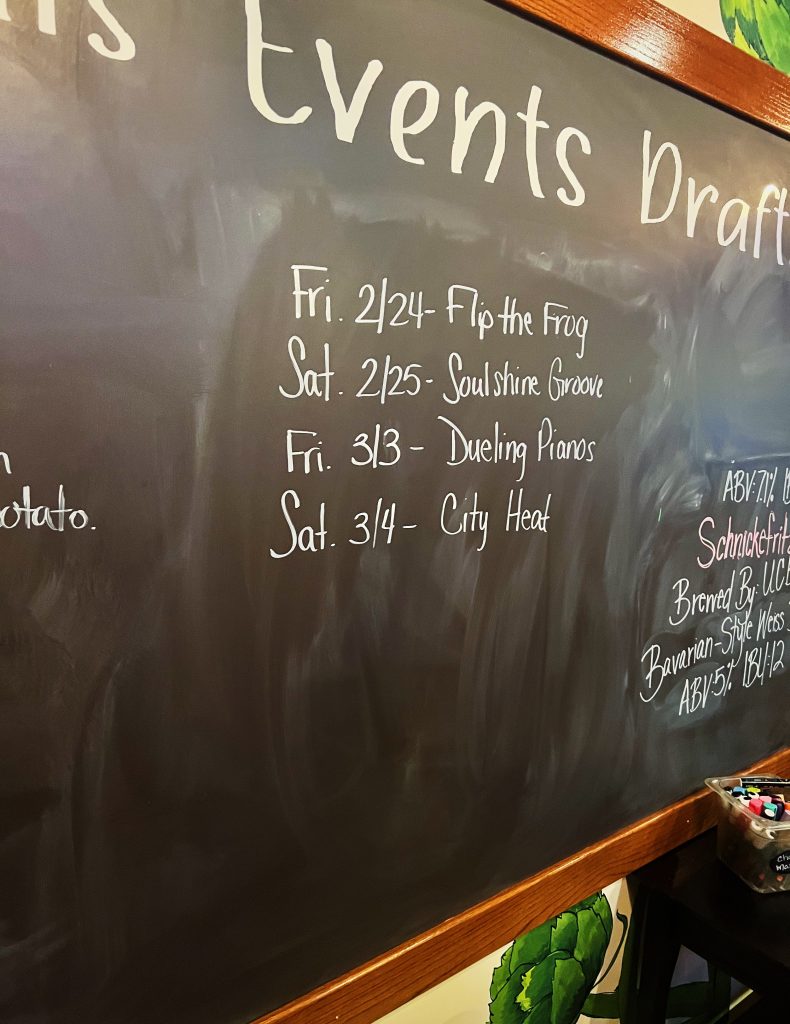
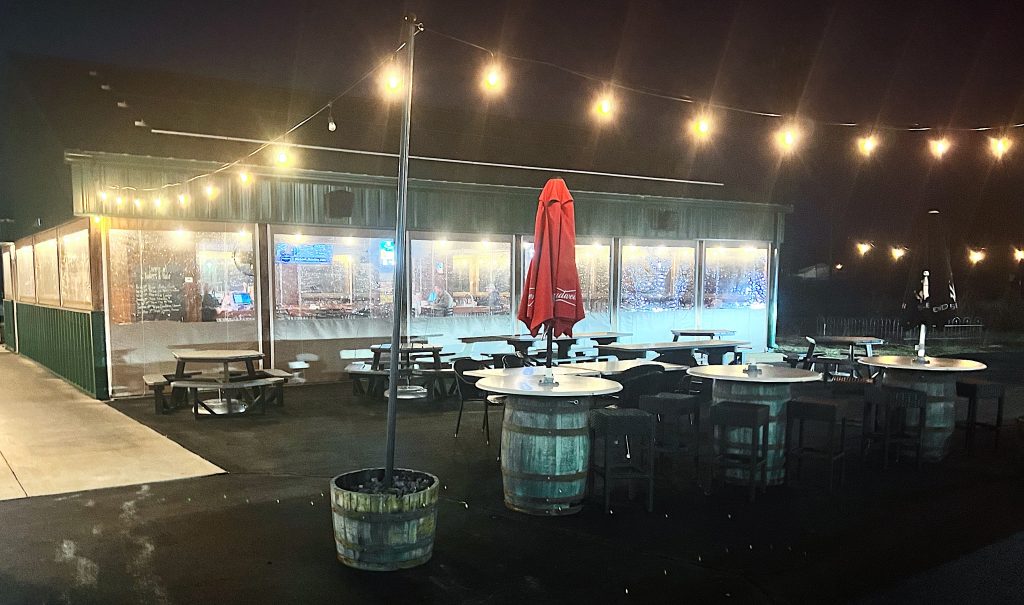
While the food is outstanding and more than worth the trip, it would be a mistake to sleep on the social events organized by the Baker family. The establishment is known as a gathering spot for exceptional local musical talent (see full schedule here). In addition, Wednesday bike nights, “All-Wheels Cruise Ins,” and Thursday open mic nights round out the event schedule and keep the establishment a lively and fun community hotspot during weeknights.
Fresh food, friends, family, community, mission-driven purpose… Bakers & Hale has it all and is ready for your solo visit, date night dinner, friend gathering, or private party (in its large, extended dining area). Support local food systems and treat yourself to what’s sure to be a soul-satisfying outing at the restaurant soon!
